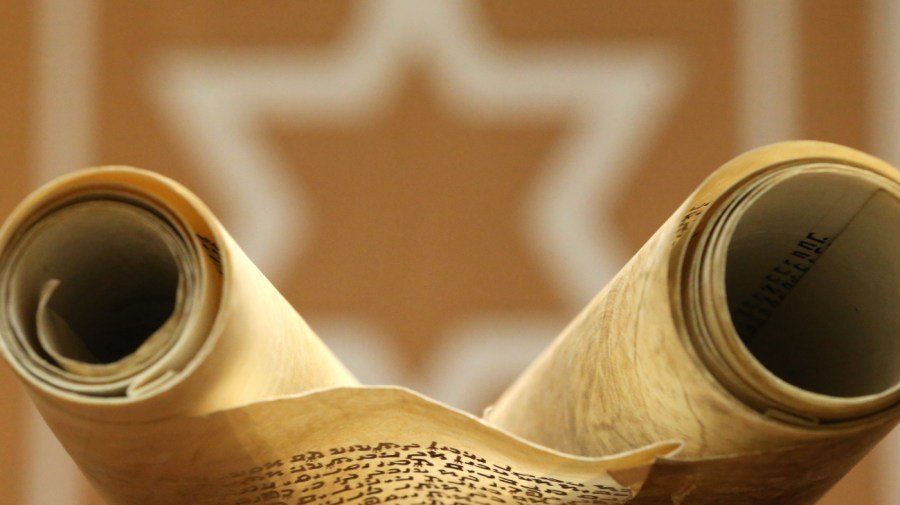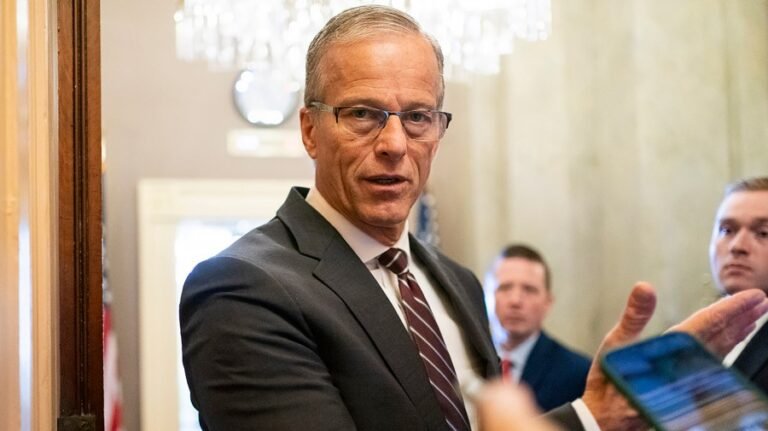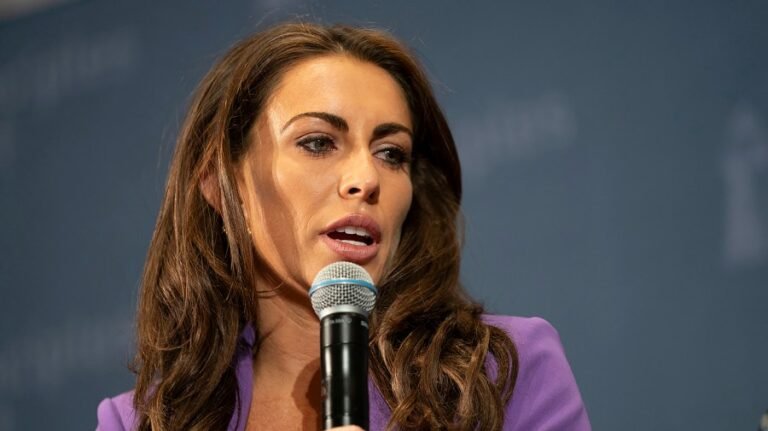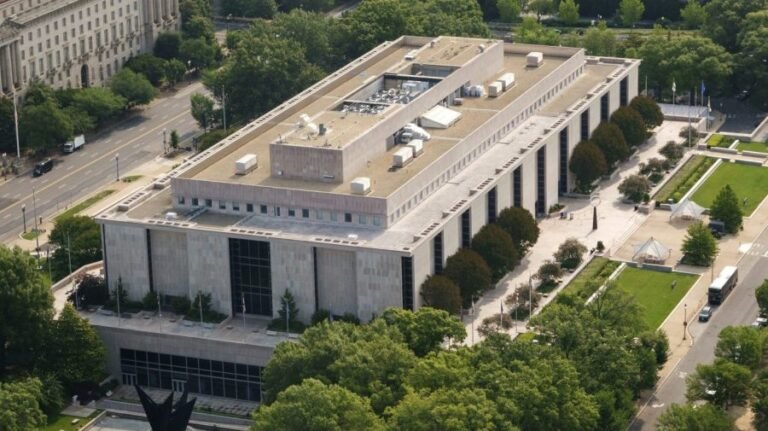
For hundreds of years, churches doubled as sanctuaries. The vulnerable and the persecuted knew they could seek asylum in the house of the Lord and took solace in knowing that they would be insulated from outside forces.
Further back in time, as King David lay dying, an ambitious son who had tried to seize the throne fled to the tabernacle and clung to the altar, trusting that sacred ground would keep him safe from an attack by an equally ambitious brother he had come to fear.
Houses of worship function a little differently today, but even in 21st-century America, citizens seeking to escape the rancor of divisive rhetoric always knew they could take refuge in their religious institutions. Parishioners might hear a sermon about civic responsibility or the best way to combat bigotry, but churches, mosques and synagogues were safe havens. Houses of worship were immune from the partisanship and political pressure that exert so much influence in the day-to-day lives of their congregants.
That all changed this month when the IRS effectively nullified the Johnson Amendment, a federal statute in place since 1954 that barred tax-exempt religious institutions from endorsing political candidates.
Though no church was involved at the time, then-Sen. Lyndon Johnson championed the restriction as a cudgel against a nonprofit that supported his primary opponent. For more than 70 years, this law helped ensure that pulpits weren’t turned into platforms for partisan politics. No longer. Now, rabbis and priests are free to use their good offices to promote their favorite candidates without thinking twice about jeopardizing their institution’s tax-exempt status.
If political campaigns stand to gain from this decision, synagogues like mine stand to lose.
When people talk about our synagogue, they use words like, “home” and “family.” To the extent worshipers walk through the doors of our sanctuary in search of something, they’re seeking inspiration, not indoctrination. Those interested in political punditry can get their fill on social media. At a moment when so many universities and public institutions struggle to remain above the ideological fray, churches and synagogues often feel like the last bastion of neutrality.
As one of my congregants asked, “Does this mean the rabbi will now tell us which candidate we should be praying for?” Synagogues and churches ought to be in the business of defending decency, cultivating character and modeling civil discourse, not soliciting campaign contributions. What’s to stop donors from using religious institutions to funnel tax-deductible donations into campaign coffers? And what’s to prevent the distortion of moral authority in the name of political expediency?
The original law was hardly foolproof. Enforcement was spotty. And only a handful of violations ever resulted in the revocation of an institution’s tax-exempt status. But the specter of that revocation was enough to create at least an expectation of nonpartisanship.
Constitutional scholars will debate whether the government has the right to treat religious institutions differently from secular nonprofits. And advocacy groups will petition Congress to revise or reinstate the Johnson Amendment. But in the meantime, houses of worship will have to adapt.
Religious communities, and the denominational bodies that represent them, will need to act swiftly to formulate principled codes of conduct. They will need policies that reaffirm the separation between sacred purpose and partisan politics. Without the proper guardrails in place, it will be hard to prevent houses of worship from devolving into dens of division.
Today, there aren’t many places where people of different backgrounds and beliefs can come together, not as voters, but as seekers; not as members of a tribe, but as members of a community. The synagogue is one of those rare places. Let’s keep it that way.
Yosie Levine is the rabbi of The Jewish Center in New York City and the author of “Hakham Tsevi Ashkenazi and the Battlegrounds of the Early Modern Rabbinate.”


